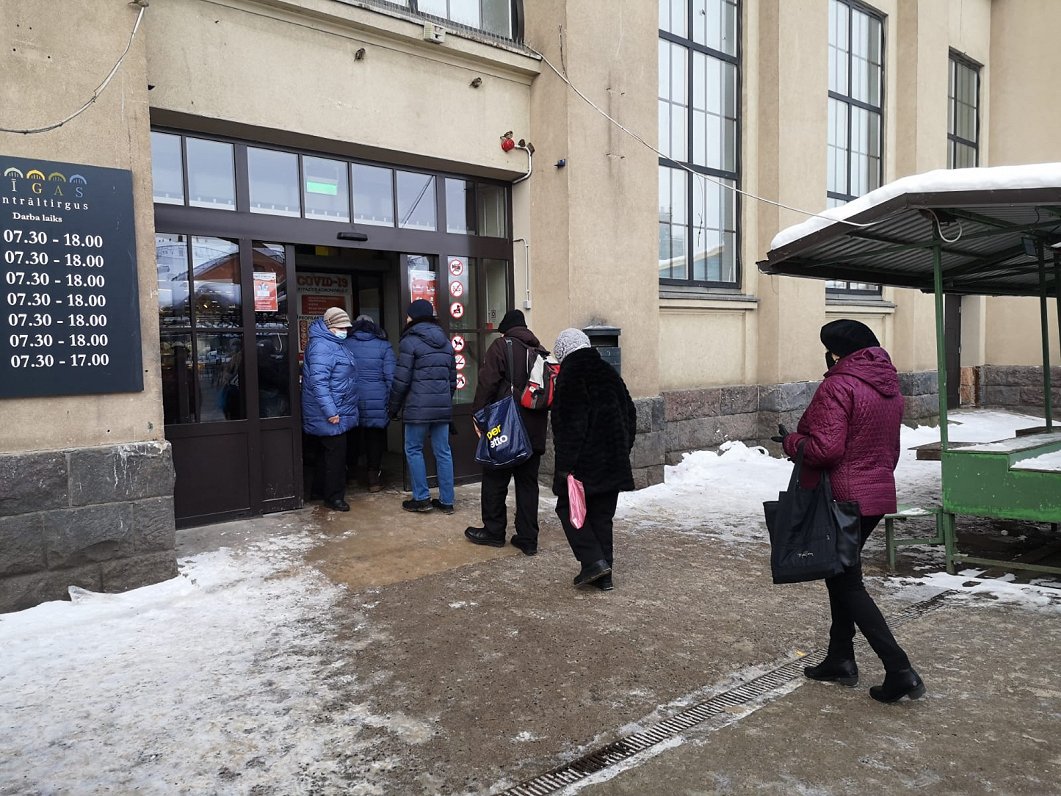Research center SKDS carried out a survey of 1,135 Latvian residents conducted February 9-12, asking people to evaluate the Latvian government's actions regarding Covid-19 management in Latvia.
41% of the respondents said their attitude towards the government's actions was "rather negative" and 30% said it was "very negative". A month ago, in an identical survey, the figures were 33% and 26% respectively. Therefore, the percentage of people who feel negatively towards the government in this respect has increased from 59% to 71%.
The largest "support group" was the people over the age of 76, where 41% of respondents had a "rather positive" attitude and 1% said it was "very positive". In January, these figures were at 45% and 10%.
However, the age group just under that, 65-74, is not as optimistic: only 19% have said that they feel "rather positive" (29% in January) and almost nobody responded "very positive" (0%).
The most critical group were Russian-speaking people, where 43% assessed the government's work as "very negative" and another 42 as "rather negative" (36% and 36% a month ago). Thus, the attitude of this group has swayed to the negative side by 13 percentage points.
In the Latvian-speaking group, the difference was even greater - 14 percentage points. Namely, 41% of this group has responded "rather negative" and 23% "very negative" (30% and 20% a month ago).
Head of SKDS center Arnis Kaktiņš said that the coalition's recent steps, such as the approval of one-off aid for families with children, might impact the attitude for the better, but it was not included in the survey. However, "this payment is an one-off event and it will be short-term. This needs to be supported by other measures as a result of which people could actually improve their situation, and mistakes must not be made in explaining this to the society," said Kaktiņš.
































